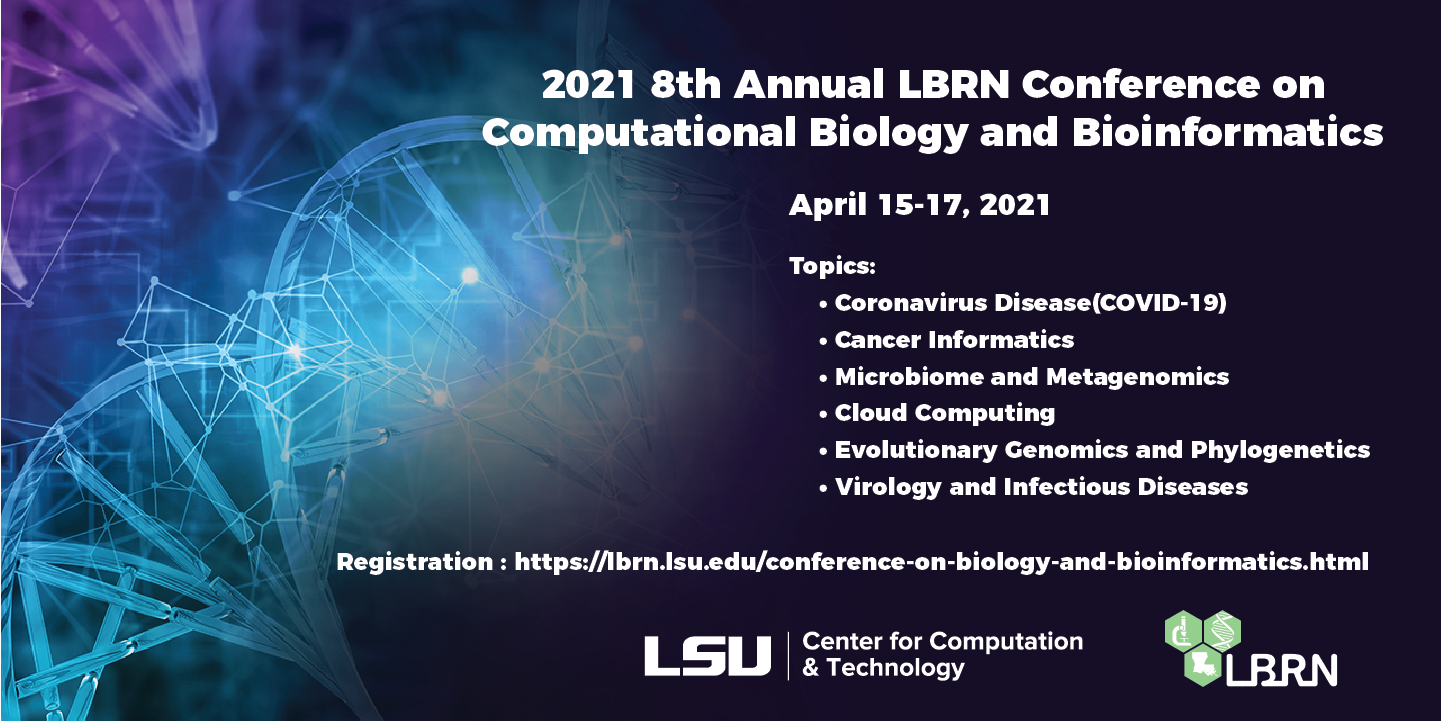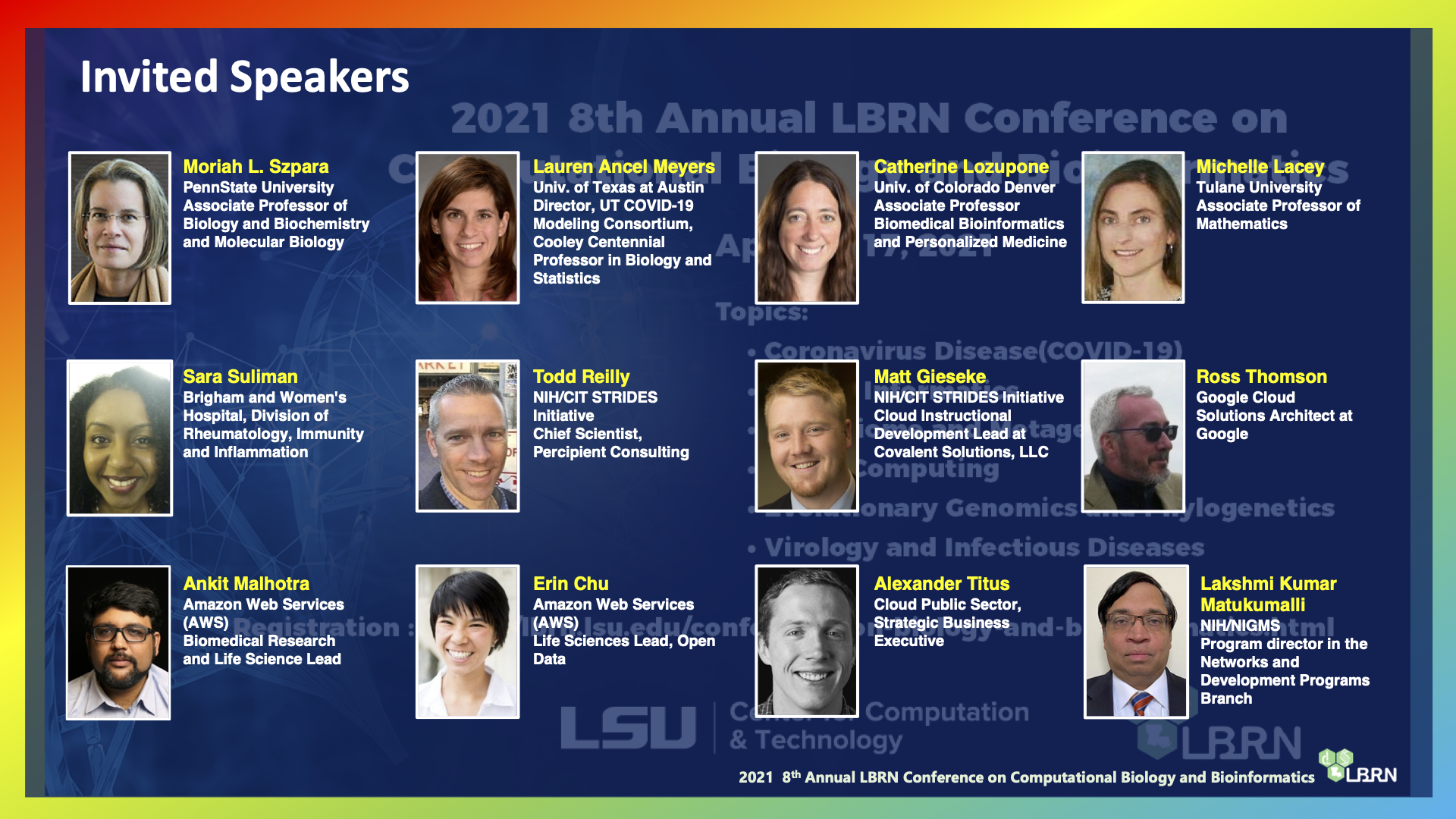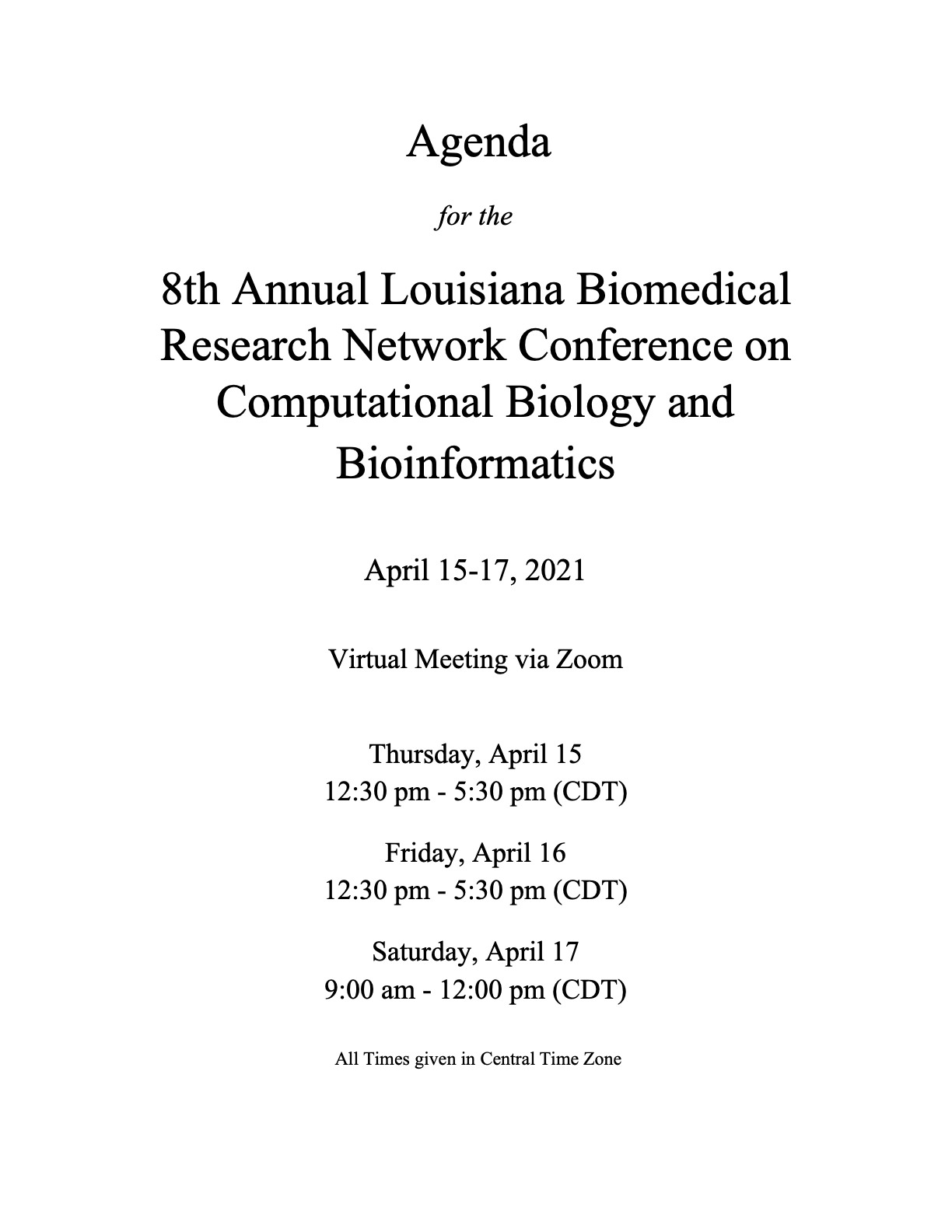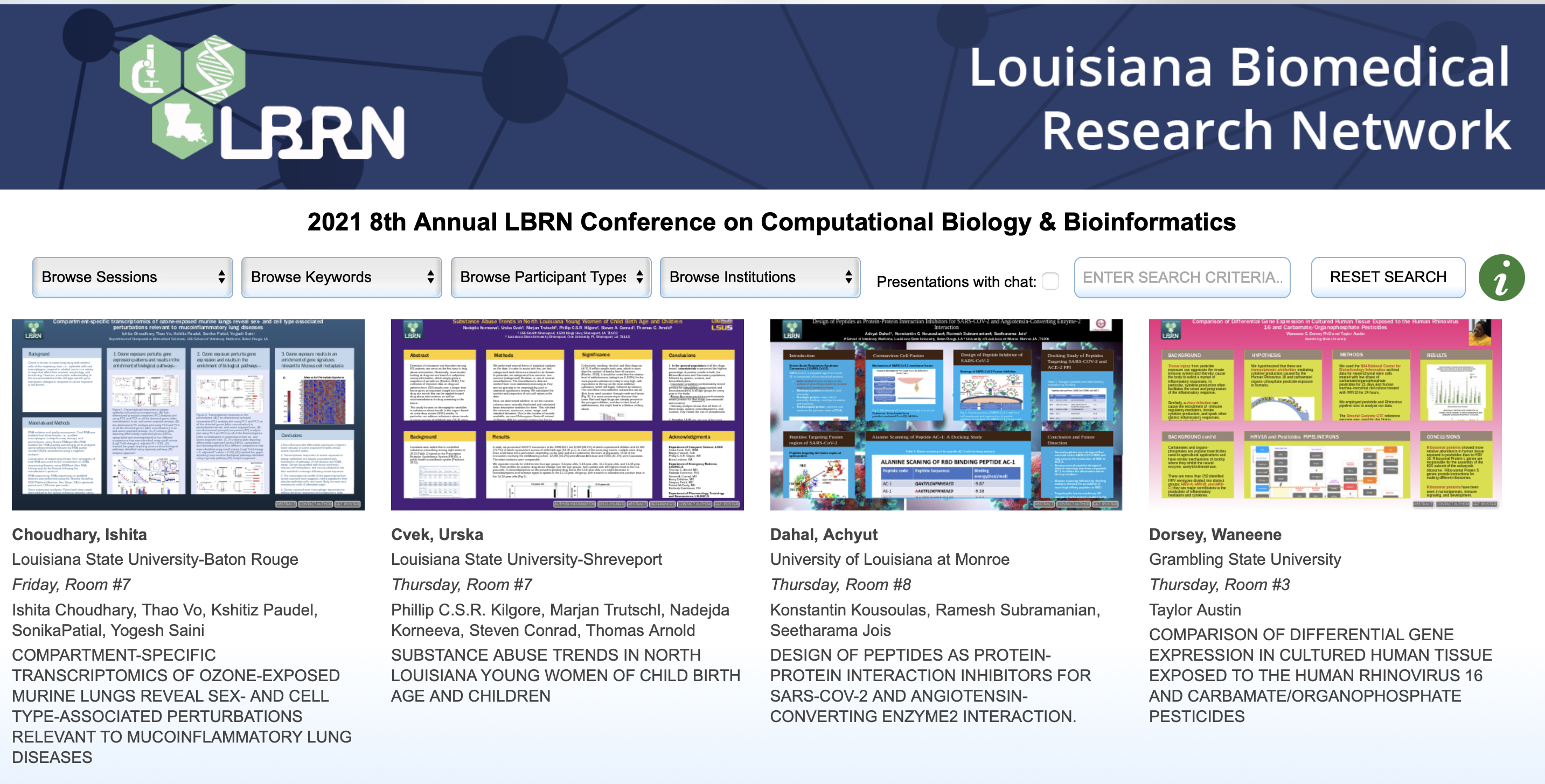Keynote - Modeling to Mitigate COVID-19 in a Large US City
Lauren Ancel Meyers, University of Texas at Austin
Director, UT COVID-19 Modeling Consortium, Cooley Centennial Professor in Biology and Statistics
https://covid-19.tacc.utexas.edu
Dr. Lauren Ancel Meyers is the Cooley Centennial Professor in biology and statistics at the University of Texas at Austin. For over 20 years, Dr. Meyers has pioneered the application of network theory, data-driven models, and machine learning to improve the detection, forecasting and control of emerging viral threats. She is the founding director of the UT COVID-19 Modeling Consortium, which has provided global leadership throughout the pandemic though multiple COVID-19 forecasting dashboards and critical analyses to support pandemic surveillance, response, testing and school opening strategies nationwide. Dr. Meyers received her BA in mathematics and philosophy at Harvard University and PhD in biology at Stanford University. She was named as one of the top 100 global innovators under age 35 by the MIT Technology Review in 2004 and received the Joseph Lieberman Award for Significant Contributions to Science in 2017.
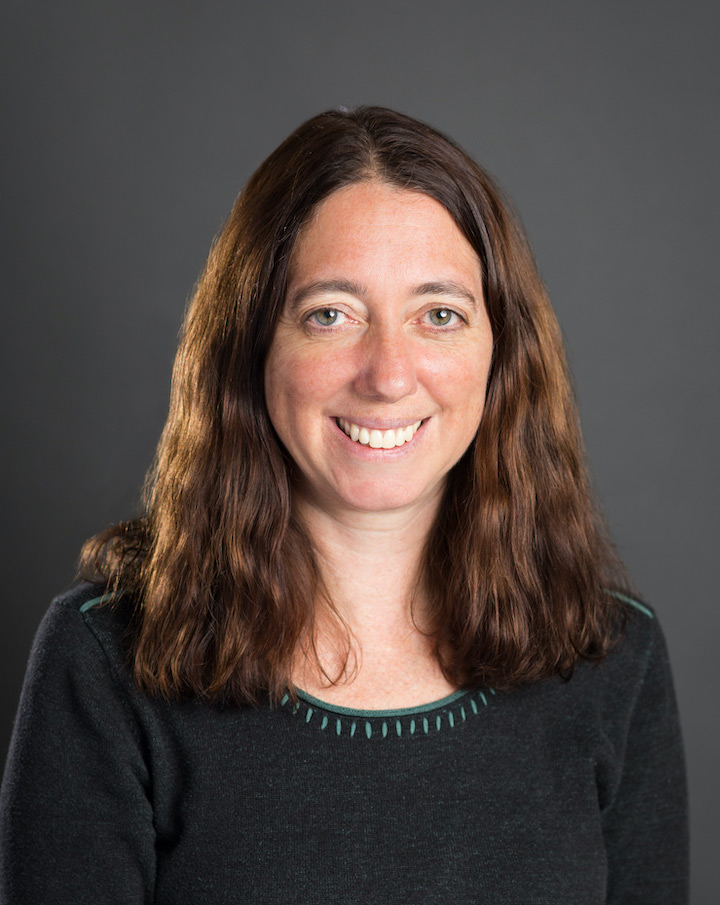
Keynote - Systems analysis of gut microbiome influence on metabolic disease in HIV and high-risk populations
Catherine Lozupone, University of Colorado Anschutz Medical Campus
Associate Professor, Biomedical Bioinformatics and Personalized Medicine
https://medschool.cuanschutz.edu/biomedical-informatics-and-personalized-medicine/labs/lozupone-lab
Dr. Lozupone is as Associate Professor in the Department of Medicine at the University of Colorado Anschutz Medical Campus. Her research focuses on the complex community of microorganisms that inhabit the gastrointestinal tract. She has been heavily involved in the development of popular computational tools for microbial community analysis, such as the UniFrac algorithm for comparing microbial diversity among many samples using phylogenetic information. Dr. Lozupone currently runs an R01 funded research group that integrates integrative bioinformatics analysis of multi'omic data with experimental confirmation. Her lab is currently working to understand microbiome composition and function in a variety of disease contexts, with an emphasis on the interaction between the gut microbiome, local and systemic immune phenotypes, and metabolic and lung co-morbidity in HIV-infected individuals.

Keynote - Herpes simplex viruses -- as unique and long-lived as their human hosts
Moriah L. Szpara, Center for Infectious Disease Dynamics, Huck Institutes of the Life Sciences, and Eberly College of Science, Pennsylvania State University
Associate Professor, Depts. of Biology, and Biochemistry & Molecular Biology
https://science.psu.edu/bio/people/mls164
Moriah Szpara is an Associate Professor in the Departments of Biology, and of Biochemistry and Molecular Biology, at the Pennsylvania State University. Her group is part of the Center for Infectious Disease Dynamics (CIDD) at Penn State, within the Huck Institutes for the Life Sciences. Szpara received her Ph.D. in Molecular and Cell Biology from the University of California Berkeley, in neurobiology. As a postdoctoral fellow at Princeton University with Dr. Lynn Enquist, Dr. Szpara focused on the neurotropic herpesviruses. The Szpara lab now explores the impacts of viral genetic diversity on virulence and disease severity, with a focus on viruses that infect the nervous system. This research spans the range from genomic and bioinformatic comparisons of viral genomes, to dissecting viral interactions with human neurons, to examining viral diversity in real-world human infections. We also build open-source tools for working with viral genomes, like VirAmp (http://viramp.com) and VirGA (http://virga.readthedocs.org/). You can keep up with the lab’s research at: http://szparalab.psu.edu/, or on Science Twitter @SzparaLab.
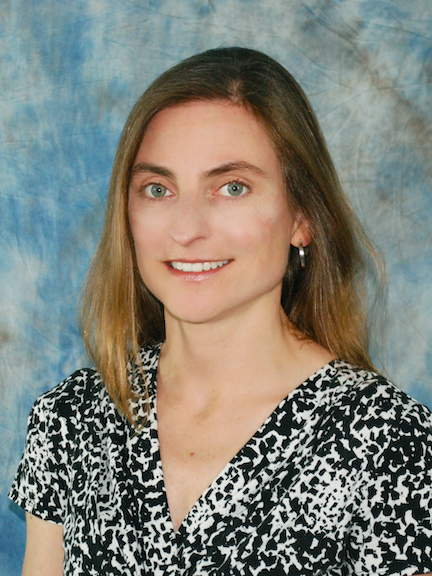
Keynote - Beyond p-Values: The Role of Statistics in Epigenetic Research
Michelle Lacey, Tulane University School of Public Health and Tropical Medicine
Associate Professor of Mathematics, Department Biostatistics
https://medicine.tulane.edu/departments/tulane-cancer-center/faculty/michelle-lacey-phd
Michelle Lacey received her A.B. in mathematics from Bryn Mawr College, and after working in industry for two years she returned to graduate school in the Department of Statistics at Yale University and earned her Ph.D. in 2003. Dr. Lacey is currently appointed as Associate Professor of Mathematics and Adjunct Associate Professor of Biostatistics at Tulane University, and in addition to regularly teaching graduate courses in statistical modeling and data analysis for the School of Science and Engineering she is a contributing lecturer for courses at the Tulane University School of Medicine and the School of Public Health and Tropical Medicine. Dr. Lacey has enjoyed collaborations with biomedical researchers throughout her academic career, and she maintains an independent research program developing methods for the analysis and modeling of epigenetic data. She also serves as a consultant with the United Nations World Food Programme, providing statistical support for food security assessments in vulnerable populations.
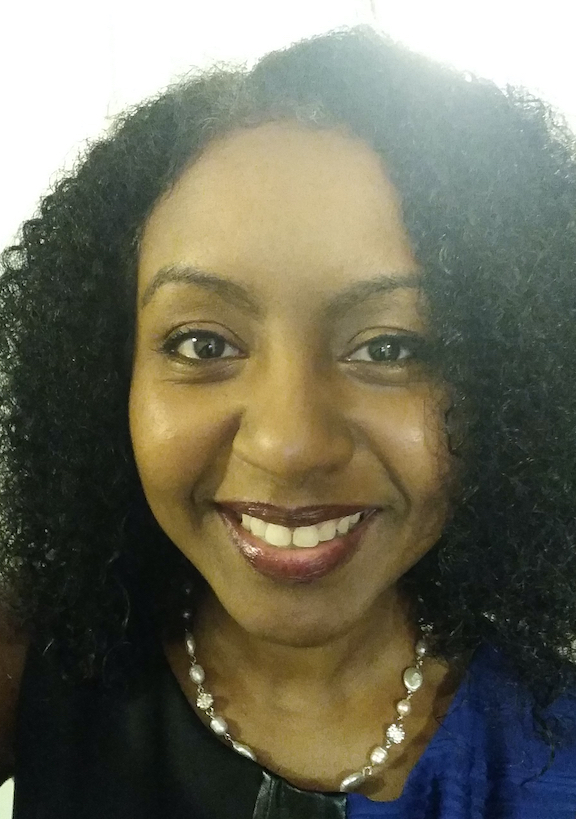
Integration of genetic and transcriptional profiles of innate cells to decipher mechanisms of TB susceptibility
Sara Suliman, Brigham and Women's Hospital, Division of Rheumatology, Immunity and Inflammation
Instructor in Medicine
https://scholar.google.com/citations?hl=en&user=QyYtUOcAAAAJ&view_op=list_works&sortby=pubdate
Sara Suliman, MPH, PhD is an infectious disease scientist with a Master in Public Health (University of Waterloo) and PhD in Immunology (University of Toronto) from Canada. She is an instructor of medicine at the Brigham and Women's Hospital and Harvard Medical School, with a research focus on immunity against Mycobacterium tuberculosis.

NIH/CIT STRIDES - Overview
Todd Reilly, National Institutes of Health
STRIDES Client Services Team Lead, Center for Information Technology
https://www.linkedin.com/in/rtreilly/
Todd holds PhD in Biochemistry from the University of South Carolina, and started his career leading a research program in Tumor Immunology before moving to a consulting role. As the Client Services Team Lead for STRIDES, Todd works with researchers interested in the STRIDES Initiative to better understand their use cases and connect them with resources and expertise within STRIDES and our partners. He also supports efforts within the STRIDES team to continue to improve the service offerings STRIDES provides to the NIH and its funded investigators.

NIH/CIT STRIDES - Training Spotlight
Matt Gieseke, National Institutes of Health, Center for Information Technology
NIH STRIDES Initiative, Cloud Instructional Development Lead
https://www.linkedin.com/in/matthew-gieseke-05646b63/
Matt leads the NIH STRIDES Initiative's Training Program, which seeks to empower the NIH and NIH-funded biomedical research corps to advance their work in the cloud. Through partnerships with commercial cloud service providers and collaboration with NIH's 27 institutes and centers, the STRIDES Initiative Training Program has delivered training to over 3,000 students across the country since the Training Program was initiated in November 2019. Matt is also spearheading the Training Program's custom training development efforts, which will further empower NIH and NIH-funded biomedical researchers to work, innovate, and advance their research in the cloud.
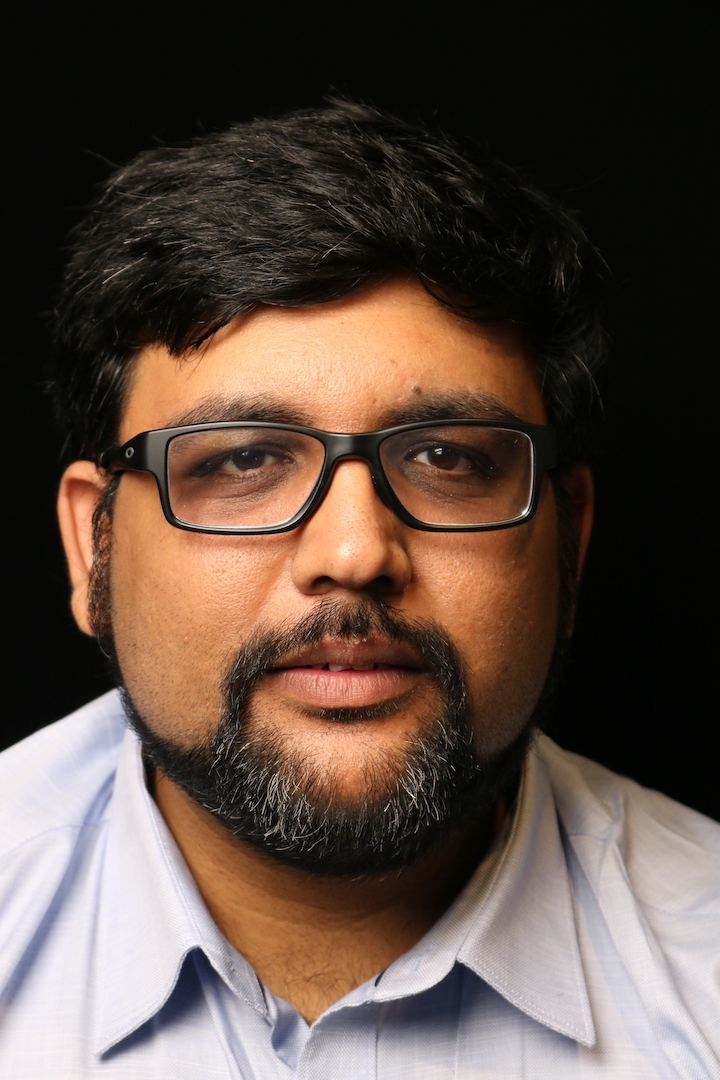
Transforming Biomedical Research with AWS
Ankit Malhotra, Amazon Web Services (AWS)
AWS Research, Biomedical Research and Life Science Lead
https://www.linkedin.com/in/malhotraa/
Ankit Malhotra is the biomedical research and life sciences lead on the Amazon Web Services (AWS) Research team. At AWS, Ankit helps lower the barrier for biomedical researchers to build solutions and do their research using cloud computing. Before joining AWS, Ankit was a Staff Scientist at the Jackson Laboratory for Genomic Medicine where he led a group developing algorithms for analysis of next generation sequencing data to determine the spectrum of genetic variation in humans and how it contributes to diseases such as cancer. With a PostDoctrate and Ph.D. in biochemistry, molecular biology, and genetics and a Masters in computer science from the University of Virginia, he has over 10 years of experience as a NIH and DoD-funded computational genomic scientist. He has authored more than 26 publications in the field with over 17000 citations.

Powering the Open Science Flywheel
Erin Chu, Amazon Web Services (AWS)
Life Sciences Lead, Open Data
https://www.linkedin.com/in/erintchu/
Erin Chu is the life sciences lead on the Amazon Web Services (AWS) open data team. Trained to bridge the gap between the clinic and the lab, Erin is a veterinarian and a molecular geneticist, and prior to her time at AWS, worked in the companion animal genomics space. She is dedicated to helping speed time to science through interdisciplinary collaboration, communication, and learning.

Life Sciences with Google Cloud
Alexander Titus, Google Cloud
Global Public Sector, Strategic Business Executive
https://linkedin.com/in/alexandertitus
Alexander Titus is a strategic business executive at Google Cloud where he leads healthcare and life sciences strategy for the global public sector, as well as AI/ML applications for public sector missions. Prior to Google, Titus was the inaugural Assistant Director for Biotechnology within the Office of the Under Secretary for Defense (Research & Engineering), where he led the team developing the DoD's roadmap towards biotechnology modernization. Titus' career has woven between the private sector, public sector, and academia. Previously, he has served as an AI/ML Research Fellow on the Amazon Alexa AI team as well as in the B.Next group at the strategic investment firm In-Q-Tel, and as an Adjunct Assistant Professor of Biostatistics at Georgetown University and Biotechnology at the University of New Hampshire. Titus holds a PhD in Quantitative Biomedical Sciences from Dartmouth College, as well as a BS and BA in Biochemistry and Biology, respectively, from the University of Puget Sound.

Multi-Cloud for Science Productivity
Ross Thomson, Google Cloud
Solutions Architect at Google
https://www.linkedin.com/in/jrossthomson/
Ross Thomson is a Solutions Architect at Google Cloud specializing in High Performance and Scientific Computing. One of his primary engagements has been with the Rubin Observatory supporting the Intermediate Data Facility to run on Google Cloud. Originally trained as a Computational Physicist, he has superficially contributed to disciplines as diverse as Power Plant engineering, Semiconductor Manufacturing and Business Development at a web services company.
